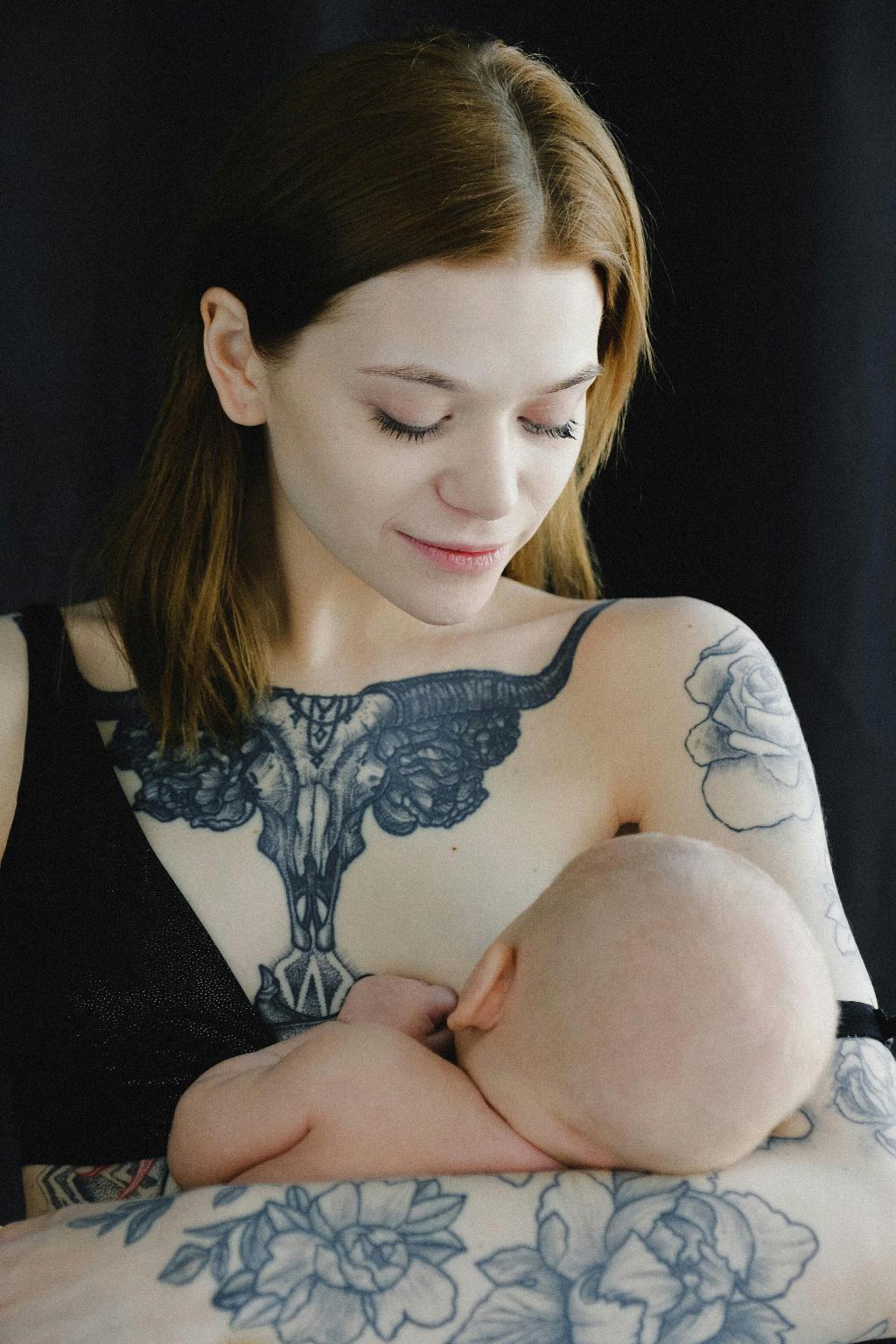Many new moms may wonder whether breastfeeding increases their water intake needs. It’s important to understand the relationship between breastfeeding and hydration to ensure both the mother and the baby are healthy and well-nourished.
During the breastfeeding period, your body goes through various changes to support the production of breast milk. One of these changes is an increase in your hydration needs. Breast milk is composed of around 88% water, so staying well-hydrated is crucial to maintain an adequate milk supply for your baby.
As your baby grows, their demand for milk also increases. By the time your baby is six weeks old, they may be consuming between 650 ml to 1000 ml of breast milk per day, or even more. It is essential to replenish this fluid loss by drinking enough water throughout the day.
Dehydration can negatively impact your milk supply and quality. When you are dehydrated, your body may struggle to produce a sufficient amount of milk, leading to potential feeding difficulties for your baby. Thus, staying hydrated is crucial for successful breastfeeding.
It is recommended that breastfeeding mothers drink to thirst. Your body is already equipped with mechanisms to signal when you need more fluids. Pay attention to your thirst cues and drink water whenever you feel thirsty. This simple practice can help you stay adequately hydrated during the breastfeeding journey.
Factors such as climate, physical activity, and individual metabolism can also influence your water intake needs while breastfeeding. In warmer weather or during intense exercise, you may find yourself feeling thirstier and needing to drink more water to maintain hydration.
Keep in mind that beverages other than water, such as milk, herbal teas, or fruit-infused water, can contribute to your overall fluid intake. However, water remains the best choice for hydration as it is calorie-free and essential for numerous bodily functions.
Some signs of dehydration to watch out for while breastfeeding include dark yellow urine, feeling thirsty, dry mouth, fatigue, and headaches. If you experience any of these symptoms, increase your water intake and consult with a healthcare provider if needed.
In conclusion, breastfeeding does increase your water intake needs due to the substantial amount of fluid present in breast milk. It is vital to listen to your body’s thirst signals, consume an adequate amount of water, and pay attention to signs of dehydration to support both your and your baby’s health during the breastfeeding period.

